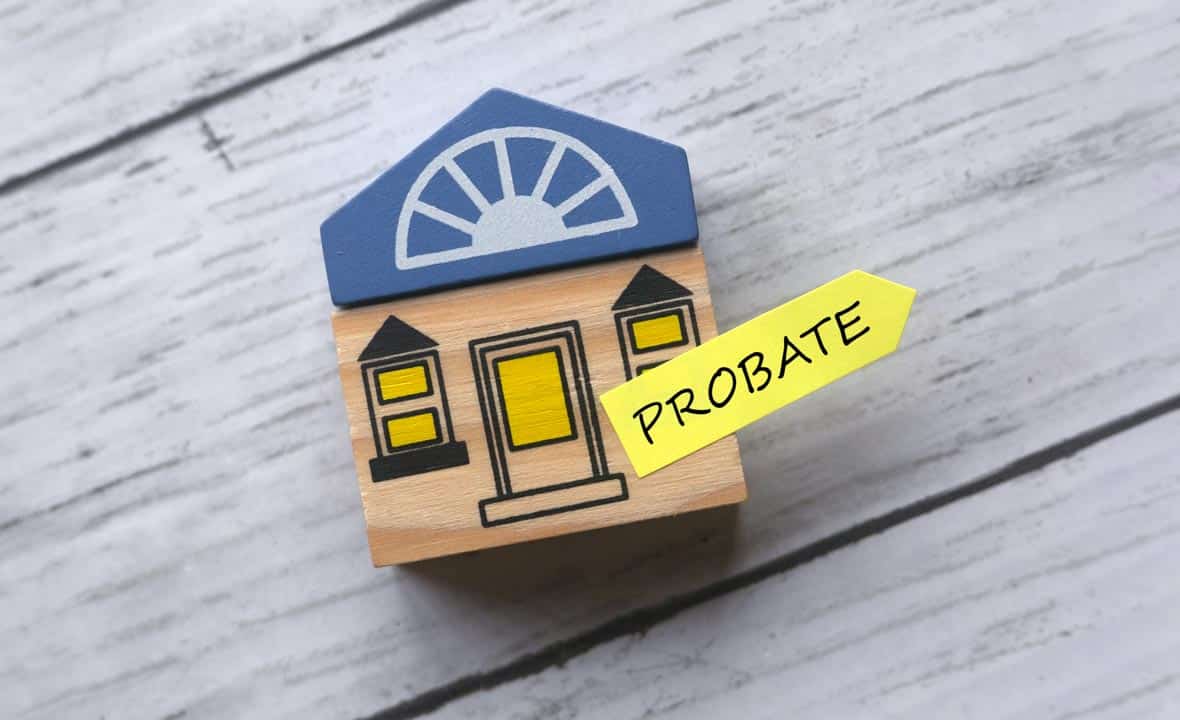Probate is a court proceeding initiated after the death of an individual, to collect his or her assets, pay any taxes or debts that may be due, and distribute the remaining assets in accordance with the deceased’s wishes as stated in his or her Will. In New York, the court that oversees the process of probate is called the Surrogate’s Court.
Download our Estate Planning HandoutThe proceeding starts with the filing of a Petition to admit the Will to probate. All interested parties must be given notice. Interested parties are, for example, those persons who are named in the Will or in a prior Will, and those who would inherit if the Will is deemed invalid. Certain of them have the right to contest the Will.
The probate process involves a number of steps once all interested parties have received proper notice.
The court must determine that the Will is the last Will and Testament of the deceased, and that it is a valid Will. This is the time when interested parties have the right to argue that the Will should not be admitted to probate because it was procured by undue influence or fraud, or for other reasons.
The court must determine that the named executor is qualified to serve, which is another matter that can be subject to dispute. Once an executor is approved, the court will issue “Letters Testamentary” authorizing the executor to proceed with the tasks of collecting the assets, paying the taxes and debts, and distributing the remainder of the assets to the named beneficiaries.
Sometimes further steps are required, such as a judicial accounting.
Your Will controls the distribution of assets in your probate estate. (Note that assets held in a trust, or in accounts with named beneficiaries, are not part of your probate estate.) You can leave money to a friend, “life partner,” or charity as well as to your spouse and/or children. However, in many states including New York, there is a portion of your estate that is reserved for your spouse, if he or she chooses to exercise this right. It is called the “Spousal Right of Election.” If this is an issue for you, your attorney can advise you how to proceed.
Because probate is a court proceeding that involves time and expense , frequent aggravations, and sometimes unpleasant disputes, we believe that good estate planning should have as one its goals the avoidance of probate. This can be achieved with the use of Trusts and careful management of other non-probate assets.
Nevertheless, probate is necessary in many cases, and Lamson & Cutner can help you. We will provide you with the high level of care, knowledge, professionalism, and personal service that is the hallmark of our firm.
visit our key practice areas







